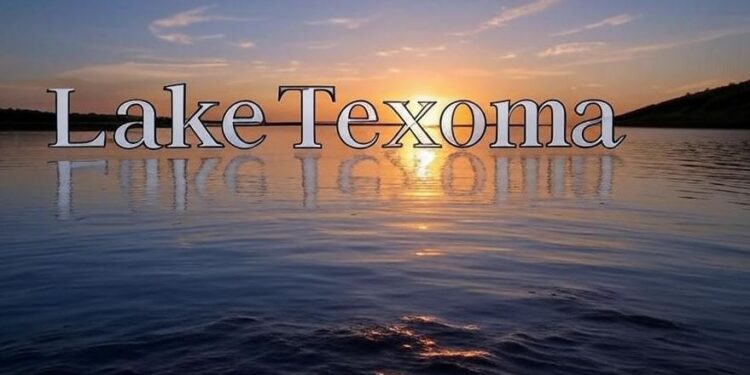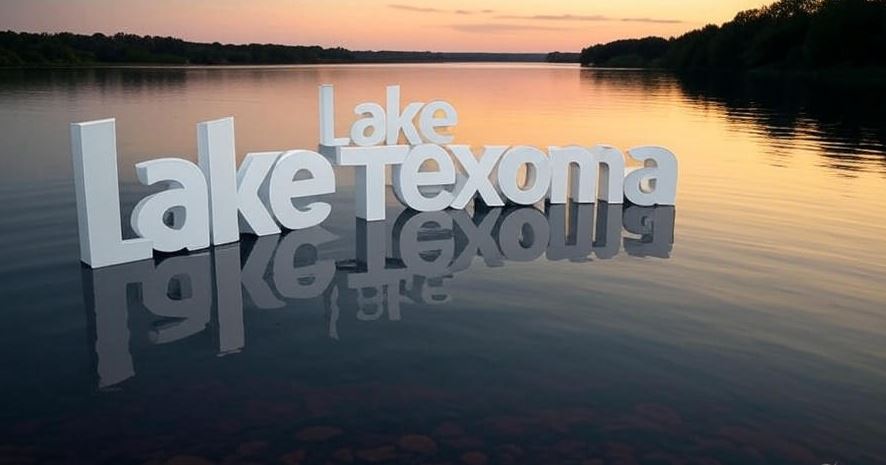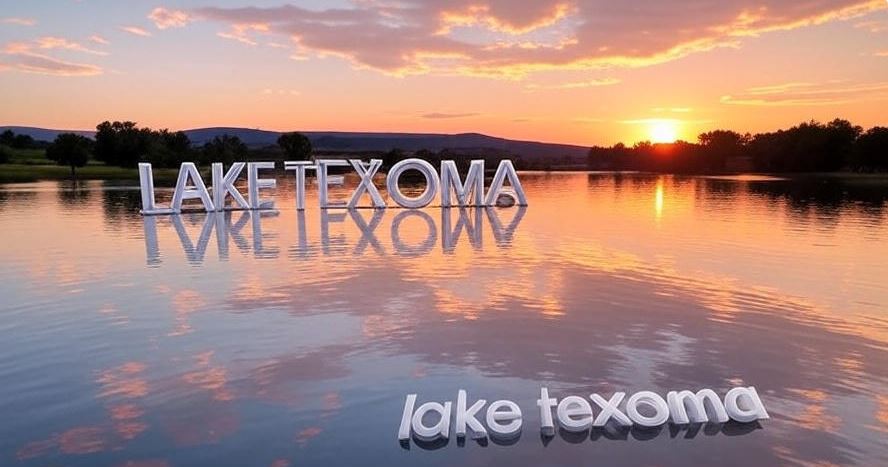Have you ever typed “lake Texoma” and wondered if it looks a little off? You’re not alone. Plenty of writers, bloggers, and even students pause before hitting publish.
So let’s clear it up once and for all: Yes, “Lake Texoma” should always be capitalized. The reason isn’t just grammar nitpicking—it’s about writing names the way they’re officially recognized.
In this article, we’ll answer the common questions people ask about capitalizing “Lake Texoma,” show you when not to capitalize “lake,” and give you simple memory tricks that make the rule stick.
Quick Answer: Capitalize “Lake Texoma”
If you only need the rule, here it is:
-
Correct: Lake Texoma
-
Wrong: lake Texoma
The word “Lake” is part of the official name. Just like Lake Superior or Lake Tahoe, it gets a capital letter. Easy as that.
But What About “the lake”?
Here’s where most people slip.
If you’re using “lake” generically, you don’t capitalize it:
-
We spent the weekend at the lake.
-
She loves fishing on the lake.
The same goes for other features: the river, the mountain, the forest. Unless it’s part of the proper name, lowercase is the rule.
Who Decides These Things Anyway?
Great question. Believe it or not, capitalization rules aren’t random. They come from three big sources:
-
U.S. Board on Geographic Names (BGN): The official federal body that decides how U.S. places are spelled and capitalized. They list it as Lake Texoma.
-
Style Guides: Both AP and Chicago say to capitalize geographic proper names but lowercase generic uses.
-
U.S. Army Corps of Engineers (USACE): The agency that runs Lake Texoma. All their official pages use the capitalized form.
So if you want your writing to look professional, just follow the same practice.
A Fun Memory Trick
Here’s how I explain it to students:
Imagine you’re writing a postcard:
-
“Greetings from Lake Texoma!” (Of course you’d capitalize it—it’s the star of the sentence.)
Now imagine you’re texting a friend:
-
“Can’t wait to hang out at the lake this weekend.” (No need for a capital—it’s just casual reference.)
If it feels like a title, capitalize it. If it’s just a category, keep it lowercase.
Examples You’ll Actually Use
Let’s put the rule into action with sentences you might actually write:
-
The Red River feeds into Lake Texoma, creating one of the largest reservoirs in the U.S.
-
Thousands of anglers come to Lake Texoma every year for striped bass fishing.
-
We rented a cabin by the lake and watched the sunset.
-
The Texoma region is growing as a tourist hub.
Notice: “Lake Texoma” (official name) vs. “the lake” (generic).
Common Mistakes to Avoid
Here are three pitfalls I see all the time online (and yes, some ranking articles make these mistakes):
-
Capitalizing “the Lake” → Nope, “the” and “lake” are lowercase unless part of the official name.
-
Inconsistent usage → Switching between lake Texoma and Lake Texoma confuses readers.
-
Forgetting plurals → If you mention more than one, capitalize “Lakes”: Lakes Texoma and Whitney.
A Little About the Lake Itself
Since we’re talking about it, here’s some quick context about Lake Texoma:
-
It was created in 1944 with the building of Denison Dam.
-
Located on the Texas–Oklahoma border, it’s one of the largest reservoirs in the United States.
-
It covers about 89,000 acres with more than 580 miles of shoreline.
-
Popular for boating, camping, and fishing—especially striped bass.
These details aren’t just trivia—they help search engines understand you’re writing about the real Lake Texoma, not just grammar.
Quick Comparison Table
Here’s a one-glance guide to capitalization:
Phrase |
Capitalized? |
Why |
|---|---|---|
Lake Texoma |
✅ Yes |
Proper name |
lake Texoma |
❌ No |
“Lake” must be capitalized in the name |
the lake |
✅ Lowercase |
Generic reference |
Lakes Texoma and Whitney |
✅ Yes |
Multiple proper names |
Texoma region |
✅ “Texoma” only |
Region is generic |
FAQ: Answering the Web’s Burning Questions
Q1: Is “Lake Texoma” a proper noun?
Yes. Proper nouns always take capitals, and “Lake Texoma” is the official name.
Q2: Do I capitalize “lake” if it’s not part of the name?
No. Write the lake, just like the river.
Q3: Which style guides support this?
AP, Chicago, and the U.S. Government Publishing Office all confirm it.
Q4: Does the government use this spelling?
Yes. The USACE and the BGN list it officially as Lake Texoma.
Q5: How do I remember the difference?
If “lake” feels like a title (Lake Texoma, Lake Tahoe), capitalize it. If it feels like a category (the lake, a lake), keep it lowercase.
Wrapping It Up
So the next time someone asks, “Should Lake Texoma be capitalized?” you’ll know exactly what to say: Yes, always.
But don’t stop there—apply the same rule to any lake, river, or mountain. Names get capitals, generics don’t. It’s that simple.
Whether you’re writing an essay, a travel blog, or even a postcard, the difference between “Lake Texoma” and “the lake” is more than grammar—it’s professionalism.







